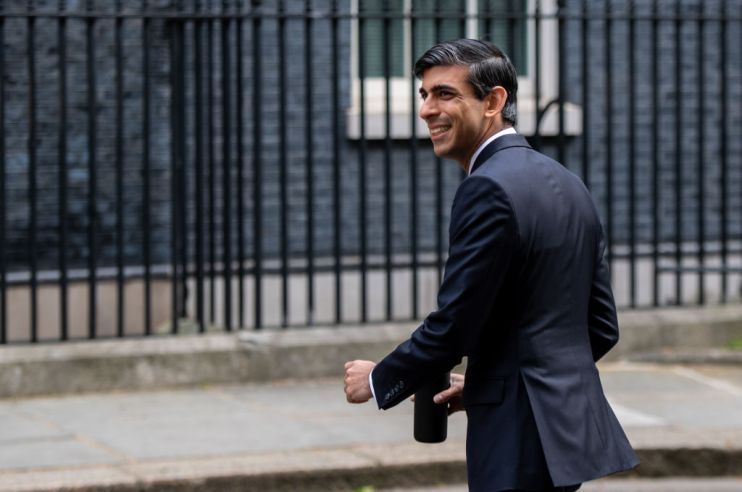
Why staying close to your accountant matters more now

Accountants exist to ensure the accuracy of financial statements and advise how to save money or boost revenue.
The coronavirus pandemic, then, with its profound and deepening impact on the economy has jolted the profession like all others.
Depending on their role, accountants have been battling to keep on top of the unprecedented flurry of government schemes and announcements, while concerns potentially mount about their own employer’s financial health. Accountants, after all, can be furloughed, too.
With cashflow tight-to-non-existent for many businesses, the temptation to cut back on accounting costs may be too much to resist. But good accountants’ services also have heightened relative value in these tough times.
Navigating the stormy seas
Accountants should be “at the heart of business’s ability to survive the pandemic, to recover and then to grow again,” says Mike Suffield, director of professional insights at global professional accountancy body ACCA (the Association of Chartered Certified Accountants).
“Accountants help navigate the government support available, manage liquidity and cashflow in the near term,” he explains. “They will build forecasts and review business models as organisations adapt and look to identify opportunities as they and the economy emerge from the pandemic.”
Michael Izza is chief executive of the Institute of Chartered Accountants in England and Wales (ICAEW), which has about 130,000 individual members in the UK, working in and advising more than three million businesses.
Izza says he has been struck by how ICAEW members “have been providing a kind of triage service to smaller businesses, where people have put their lives’ work into their business and now all of a sudden have no revenue.”
“So, chartered accountants,” he says, “have been providing a ‘shoulder to cry on’ where necessary, looking to see what can be done from firms’ own resources, then looking at what government schemes can help.”
‘Proving their worth’ during coronavirus
Smaller businesses, particularly micro-business, can view their accountant as a distant helping-hand doing little more than bring order to end-of-year accounts. But the unprecedented situation created by coronavirus is an opportunity for them to help in other ways.
“Chartered accountants can help present applications for the Coronavirus Job Retention Scheme (CJRS) or, if the firm is big enough, the Coronavirus Business Interruption Loan Scheme, though the Bounce Back Loan Scheme has been more successful,” says Izza, who adds that grants available through local authorities have been “fabulous, coming through very quickly.”
The reality is, though, that chartered accountants also have to worry about their own business. “People tend to talk about the Big Four [accountancy firms] but we license 12,500 firms. By and large they are doing pretty well and really proving their worth.”
Government help keeps flowing – chancellor Rishi Sunak yesterday extended the CJRS until October – but Izza does not sugar-coat the challenges ahead: “Despite the government’s best efforts, many businesses will not survive. We’re going to lose tens of thousands of businesses – perhaps hundreds of thousands. That’s the sobering reality. And we’re not going to get a ‘bounce back’. It will probably take most of 2021 to get back to 2019 levels, if at all. But 2021 could be just as bad as things deferred, such as VAT, have to be paid.”
For business-owners uncertain about that extra pair of hands, particularly in these challenging times, Izza’s view is clear: “If you view your chartered accountant as a luxury, you’re probably missing the complexity they can help you navigate through – how to present your case, and informing you of government help that you’re able to claim. Their help can be fundamental to whether you make it or not.”
Looking ahead, webinars listed on the ICAEW’s website include talks on topics including ‘Online fraud working from home – don’t be caught out’; and a session on ‘Brexit and lockdown in the EU: taxes, healthcare and legal residency for UK nationals’.
The appearance of the ‘B’ word serves as a reminder of an issue keeping many financial advisers busy long before the ‘C’ word came along.